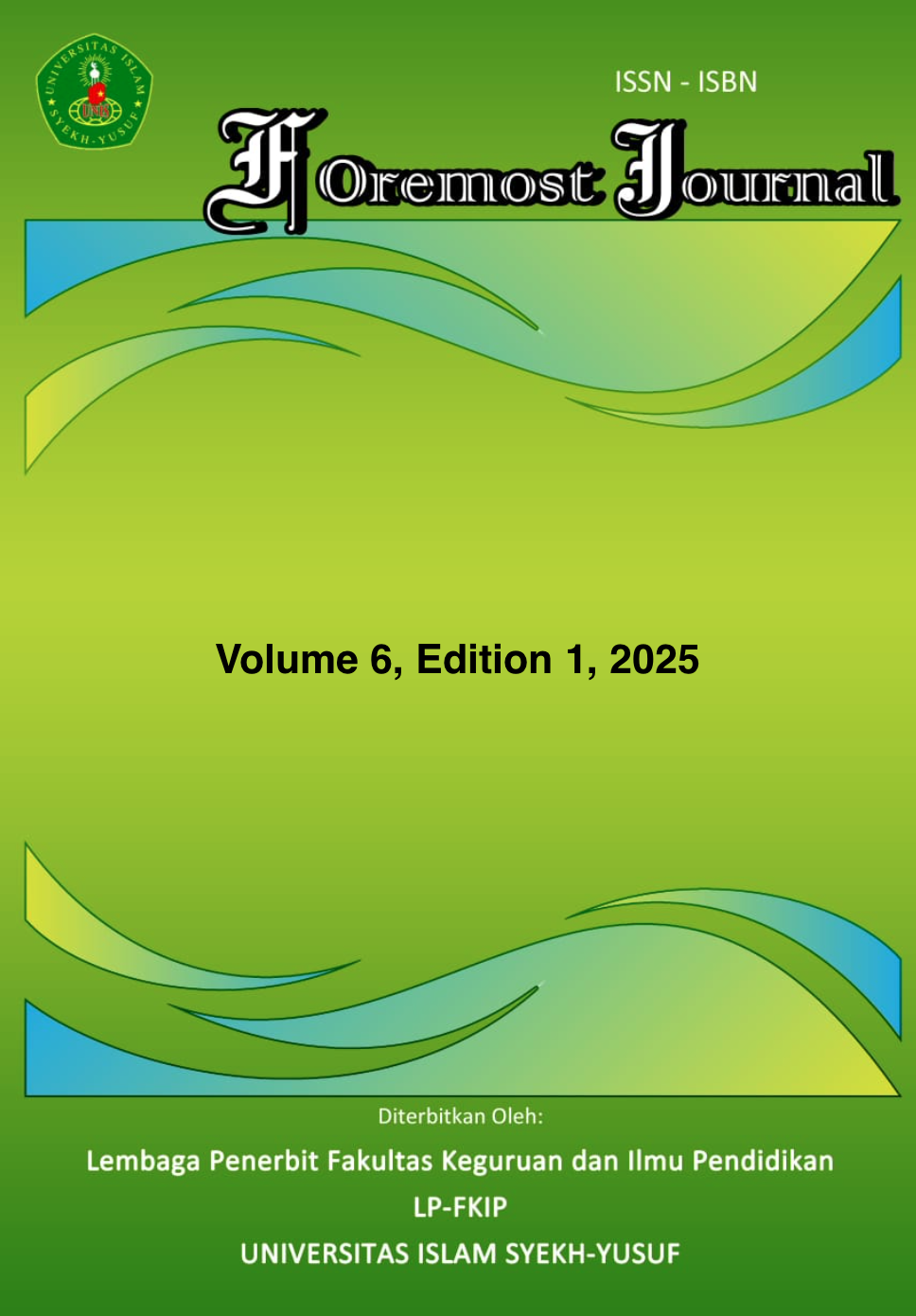Students’ Perception on Regular English Classes and Advanced English Classes
DOI:
https://doi.org/10.33592/foremost.v6i1.4926Keywords:
Students’ Perception, Regular English Class, Advanced English Class, Teaching Modules, High School EnglishAbstract
English classes are currently developing. There are several classifications of English classes, for example Regular English Classes and Advanced English Classes. This research aimed to identify the differences between these classes, as well as find out students' perceptions about these classes. This study took 10 grade 11 students at SMAN 85 Jakarta as participants. This study used document observation sheet and interview questions as research instruments. The results show that in the Regular English Class, it is aimed to have more varied activities compared to the Advanced English Class. This is in line with the Regular English Class learning hours which are longer than the Advanced English Class. However, the implementation (seen in the Learning Activities part in the module) shows the Advanced English Class has more activities. This makes students prefer Advanced English Classes to Regular English Classes.
Downloads
Published
How to Cite
Issue
Section
License
Copyright (c) 2025 Foremost Journal

This work is licensed under a Creative Commons Attribution-NonCommercial-ShareAlike 4.0 International License.
- Authors certify that the work reported here has not been published before and contains no materials the publication of which would violate any copyright or other personal or proprietary right of any person or entity.
- Authors transfer or license the copyright of publishing to Foremost Journal to publish the article in any media format, to share, to disseminate, to index, and to maximize the impact of the article in any databases.
- Authors hereby agree to transfer a copyright for publishing to Foremost Journal a Publisher of the manuscript.
- Authors reserve the following:
- all proprietary rights other than copyright such as patent rights;
- the right to use all or part of this article in future works of our own such as in books and lectures;
- use for presentation in a meeting or conference and distributing copies to attendees;
- use for internal training by author's company;
- distribution to colleagues for their research use;
- use in a subsequent compilation of the author's works;
- inclusion in a thesis or dissertation;
- reuse of portions or extracts from the article in other works (with full acknowledgement of final article);
- preparation of derivative works (other than commercial purposes) (with full acknowledgement of final article); and
- voluntary posting on open web sites operated by author or author’s institution for scholarly purposes, but it should follow the open access license of Creative Common CC BY-NC-SA License.



